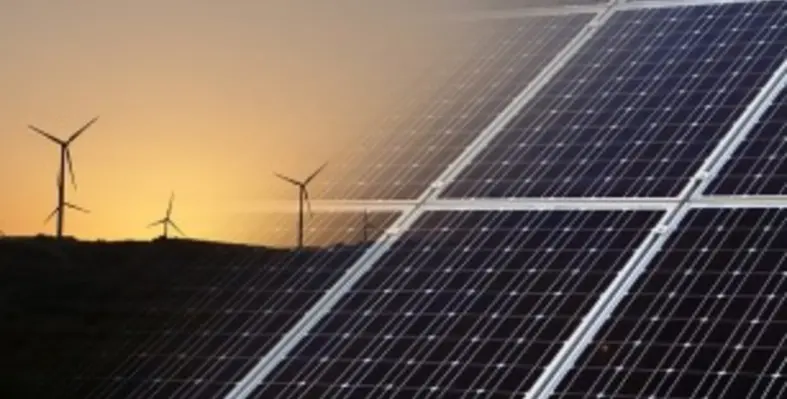The oil and gas industry of Oman, the largest non-OPEC crude producer in the Middle East, is set to accelerate the country?s transition to a more diversified economy utilising all forms of future energies such as solar and wind
Oman?s top-200 officials and executives will meet on 27 November 2018, to discuss challenges and opportunities in implementing the energy transition to enable more sustainable economic and social growth.
Several elements must be considered, including legacy and resource value chains for conventional fuels, to security and reliability of supply and sustainability for different stakeholder groups. This requires simple and aligned governance structures, a balanced mix of energy sources as well as clear cost allocation criteria.
Raoul Restucci, managing director at Petroleum Development Oman (PDO), said that the sustainable energy development in Oman involves the right governance, local skills development and supply chains, enabling infrastructure and a progressive mindset aimed at achieving sustainable growth and prosperity.
?The ability to engage on these issues and ensure key building blocks are in place is increasingly critical for all stakeholders involved in the country?s energy industry,? Restucci added.
Oman has one of the world?s highest solar densities and has already made some significant steps towards its energy transition strategy in its goal to generate 10 per cent of its energy from the renewables by 2025. The move towards adopting energy transition strategies across the Gulf region is propelled by an urgency triggered by rapid consumption, which has grown by eight per cent annually since 1972, compared to two per cent for the world.
Together, four of the six GCC countries (Kuwait, Qatar, Saudi Arabia, and the UAE) have less than one per cent of the world?s population but account for more than five per cent of global oil consumption.
PDO, Shell, OOC, OXY and all their peers in the oil and gas aim to maximise the procurement of local goods and services, as well as improving the capacity and capability of Omani people and companies in order to secure sustainable commercial benefits for the Sultanate.
The sixth edition of the Oman Energy Forum will take place next week, in partnership with the Ministry of Oil and Gas, as part of an on-going commitment by government, industry and academic stakeholders to review, refresh and, where broadly and strategically agreed, implement key recommendations put forward in the Oman Energy Master Plan 2040 (2015) including a transition to harvest a range of new renewable energy sources.







